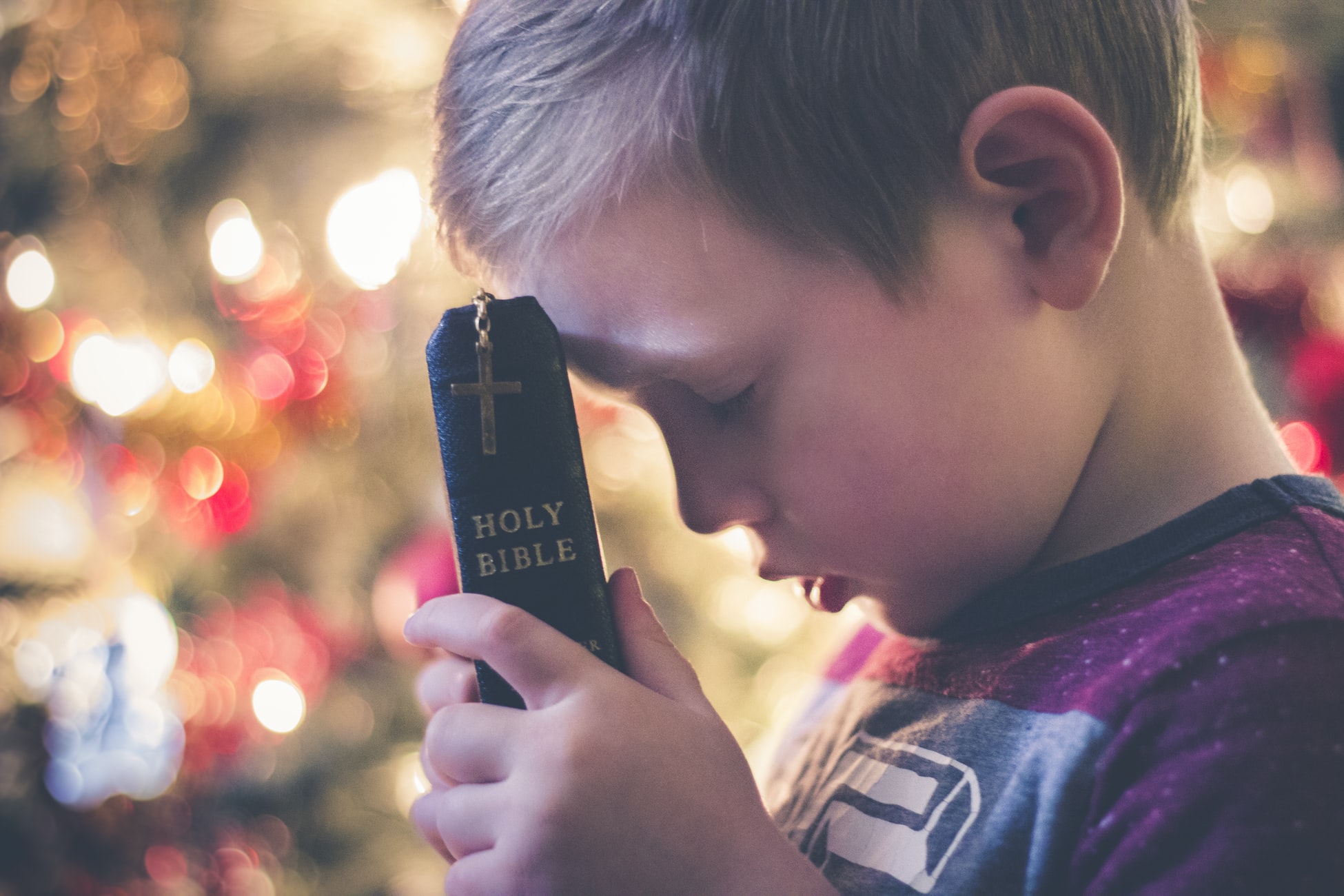Learning to Trust, Truly
A number of news articles I have read recently refer to studies of the declining mental health of people here in the United States and elsewhere as we slowly emerge from the grip of the pandemic. One report from the Centers for Disease Control says that as recently as February, 2021, over 40% of adult Americans reported symptoms of anxiety or depression. This same study, like a number of others I consult, mentions also that the hardest hit among us are our young people age 18-29. A society's spiritual problems concentrate and become most evident among our young. Now that is something to worry about.
These reports prompt me to ask, "How are you doing?" How are you doing? Honest evaluation, like confession (which this sort of evaluation is), is good for the soul.
I'm asking a serious question and (perhaps) pleading with us, then, to take stock of our answers to two other related questions, because our honest answers have direct bearing on mental health. Especially when times are tough, we need to ask ourselves two fundamental questions:
- What is real?
- Whom do we trust?
At the "first response" level, the question about what is real challenges us to have an adequate viewpoint about circumstances affecting our lives. In our part of the world, the pandemic is receding. The economy seems to be getting back on track. But precisely here our answer to the question, "What is real?" shows us something about our character. I just gave a little bit of good news. Some see the good news as real, as solid evidence that we are making progress and that circumstances are improving. Others say, "Yes, but..." and then worry about the Delta version of the coronavirus or complain about the kind of jobs available or change the subject to the extreme heat and terrible droughts associated with climate change. I'm inclined to be a worrier. I can relate.
Is the world careening out of control? Are we are at the mercy of an impersonal, implacable universe? If this view of reality is true, then it is truly terrifying. But if it is false, then we need a good grip on the truth.
And then, the other question: whom do we trust?
We can divide our answers. First, we know that we can trust people to pull together in times of crisis (part of the pandemic anxiety comes from isolation). Many of us are aware of the British people's response to "the Blitz," those terrifying Luftwaffe bombing raids during World War II. People worked together to build shelters and check on one another to make sure neighbors were OK. A notable esprit de corps was manifest through the citizenry. We saw a similar response from Americans after the 9-11 attacks as people rallied to one another's aid. Humans, bearers of God's image, care for other humans, including strangers.
Is there any higher power, any supra-human one that we can trust? Truly trust? Yes. There is.
People have pondered the conundrum of how a good, loving, and all-powerful God can permit evil and suffering. The answers are always partial. In my mind the most powerful answer is not an explanation but the Incarnation. For whatever reason, God permits terrible things to happen, but God also joins us in the suffering and frees us ultimately from it. Jesus' death and resurrection epitomize this revelation of Reality. Not only behind the mystery of pain and suffering does a good God stand, but in it he acts to transform broken, sinful, afflicted life into eternal life.
Knowing that God is present and active (especially) in difficult times is a true message that largely has been muted by our preoccupations, even within Christian communities. Let's freshen our grip on reality. I'm not talking simply about "our faith," subjectively. I'm talking about Reality. The Bible bears witness to this truth constantly through its pages. Yes, we find the anguish of the Jobs and others who feel as if God has abandoned them (but note Job's dramatic change of vision in Job 42:5). I love the candor of the Scriptures. Still, by far the larger witness is that the lovingkindness of the Lord is everlasting. His mercies are new every morning. Even and especially in bad times.
This is the truth. Truly, we need not fear. God's loving nature is true. It is objectively real. God is actively working. We are not alone, not abandoned to the world's cruelties. To be sure, this understanding is not superficially obvious. God simply does not fit any of our conventional categories or expectations. God is God. We must learn to trust.
Christians of all people, who say we trust in the Lord, should be the most realistic. We don't have to sugar-coat anything. No "happy talk" needed. Let us not mistake the thin porridge of "positive thinking" for the thick reality of a majestic, almighty Creator/Sustainer/Redeemer who is God-With-Us.
So, how are you doing? Are you living free of fear or are you held hostage to constant worry and foreboding? If you are struggling to believe that a good God is still over all his works, it is perfectly acceptable to admit it. Even if it doesn't seem too faithful an answer for the moment. God is big enough to handle our doubts. The honest expression of where we currently stand is the beginning of learning to trust in the Lord.
Some people need to seek counseling from qualified professionals. But most of us need simply to ask honest questions and press ourselves to check our true answers. It is necessary to grow in yieldedness and trust.


